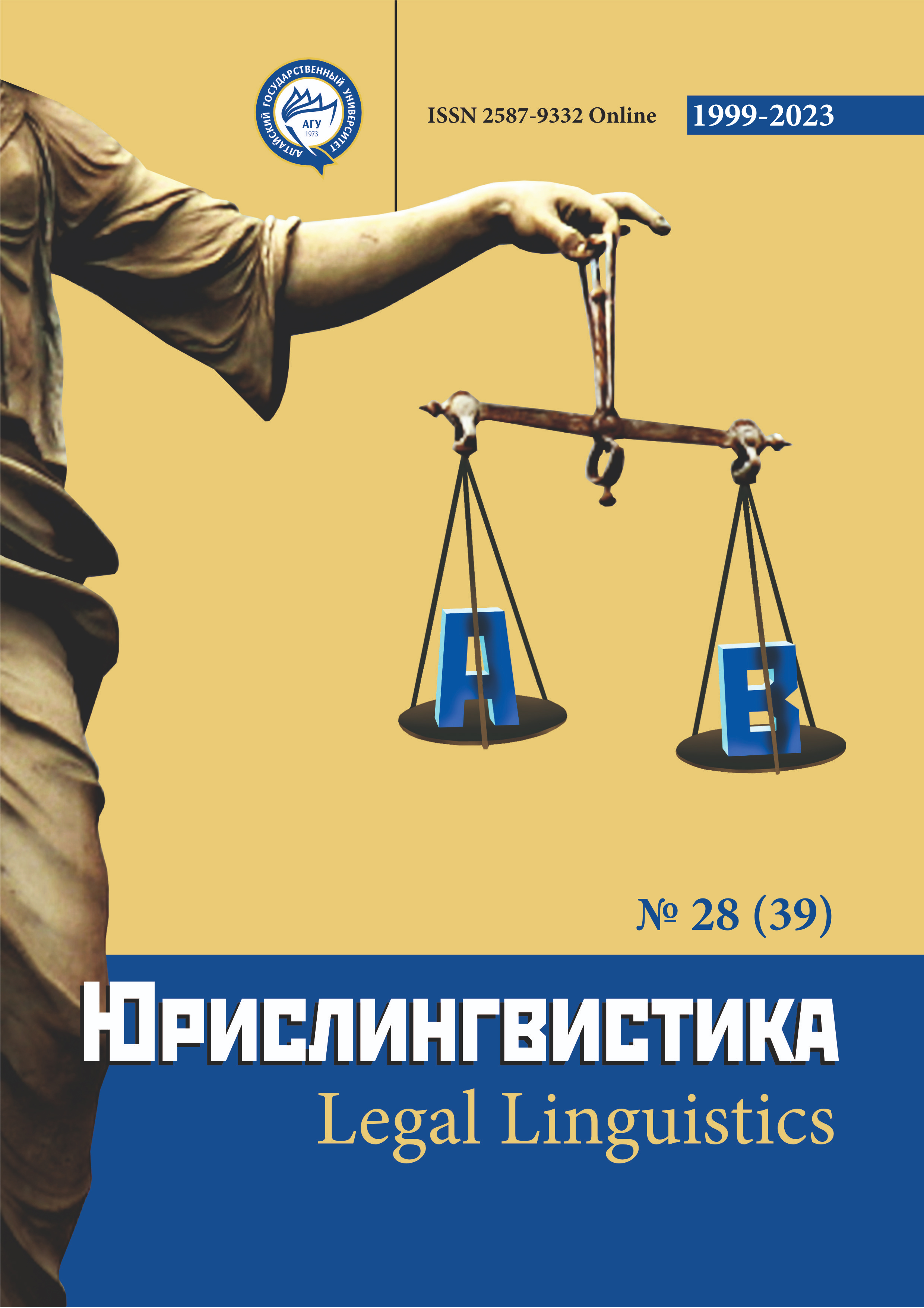Factual Legal Responsibility: Formulation of the Problem
УДК 67.0, ББК 348
Abstract
The author of the article introduces the concept of "subjection of the letter of the law to the spirit of the law" and gives theoretical fundamentals of formalism in law. When jurisdiction is centered on formalism, law enforcers mechanically compare a legal situation to articles of laws and regulations. Subjection of the letter of the law to the spirit of the law presupposes law enforcers’ refusal from mechanical choice of norms which can be very formal concerning a particular case. A lawyer should keep in mind the purview of the law in regard to a particular case, as well as subjection of the letter of the law to the spirit of the law, and the binding force of the law.
Downloads
Metrics
References
Волков А. В. Формализм против субъективизма в гражданском праве / Современное право. - 2019. - № 2. - С. 32-39.
Васьковский Е. В. Курс гражданского процесса. СПб, 1912.
Радько Т. Н. Правовая антология. М., 2018.
Ганиев Б. Х. Угрозы правового формализма в контексте российской правовой политики / Юрист-правоведъ. - 2015. - № 3. - С. 20-27.
Монтескье Ш. О духе законов / Избранные произведения. М., 1955.
Кулакова В. Ю. Проблемы теоретической обоснованности и практической применимости правила ч. 3.1 ст. 70 АПК РФ / Законы России: опыт, анализ, практика. - 2011. - № 10. - С. 18-26.
Шеменева О. Н. Неоспоренные обстоятельства в арбитражном процессе / Арбитражный и гражданский процесс. - 2011. - N 2. - С. 19–22.
Юдин А. Исторические причины неэффективности современного гражданского судопроизводства / Арбитражный и гражданский процесс. - 2007. - N 12. - С. 10-16.
Copyright (c) 2023 Виталий Сорокин

This work is licensed under a Creative Commons Attribution 4.0 International License.
The authors, which are published in this journal, agree to the following conditions:
1. Authors retain the copyright to the work and transfer to the journal the right of the first publication along with the work, at the same time licensing it under the terms of the Creative Commons Attribution License, which allows others to distribute this work with the obligatory indication of the authorship of this work and a link to the original publication in this journal .
2. The authors retain the right to enter into separate, additional contractual agreements for the non-exclusive distribution of the version of the work published by this journal (for example, to place it in the university depository or to publish it in a book), with reference to the original publication in this journal.
3. Authors are allowed to post their work on the Internet (for example, in a university repository or on their personal website) before and during the review process of this journal, as this may lead to a productive discussion, as well as more links to this published work (See The Effect of Open Access).











